Around the world in 11 pig farms in 2022

Now that 2022 has ended, Pig Progress looks back at the inspiring pig farms around the globe that willingly opened their doors for an editioral feature.
The year 2022 started with still moderate lockdowns everywhere but as the year developed, travelling became increasingly possible. This meant that Pig Progress staff and its correspondents could visit farms again. I visited the farm Smorup Toftegaard (number 5 in the list below) and I am very pleased to report that we managed to cover 3 major farms in Latin America as well.
Unfortunately, Asia did not get too much attention in 2022, but I can promise that we are about to set foot on some interesting premises there, so stay tuned for more features.
Last but not least, the usual disclaimer: The following list by no means should be seen as a top-11. It is simply an overview of a series of interesting pig farm sites that we visited, with one common characteristic: They have a unique story to tell. Here we go!
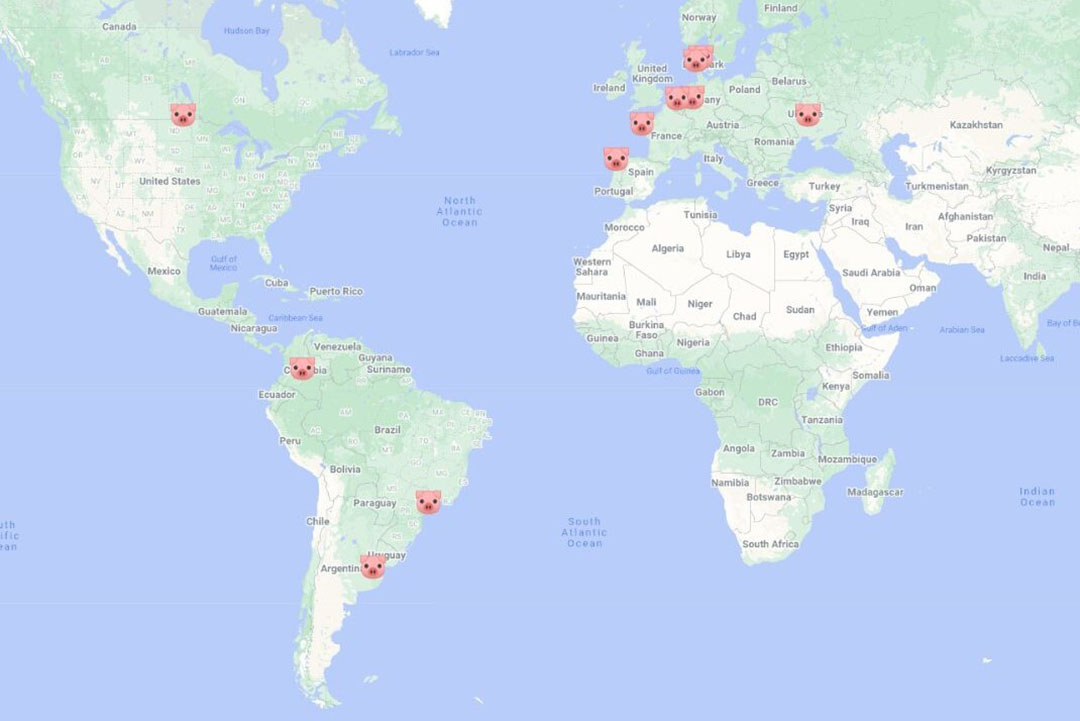
 FRANCE: Le Bosquion
FRANCE: Le Bosquion
French swine producer Patrick Talibart owns Le Bosquion, a farm with 320 sows and a 1,600 weaner capacity. He decided to opt for the Trac system, promoted by cooperative Cooperl, catching the attention of Boerderij reporter Kees van Dooren. With that, liquid and solid manure can easily be separated on-farm, while both streams can be further used or processed by Cooperl.
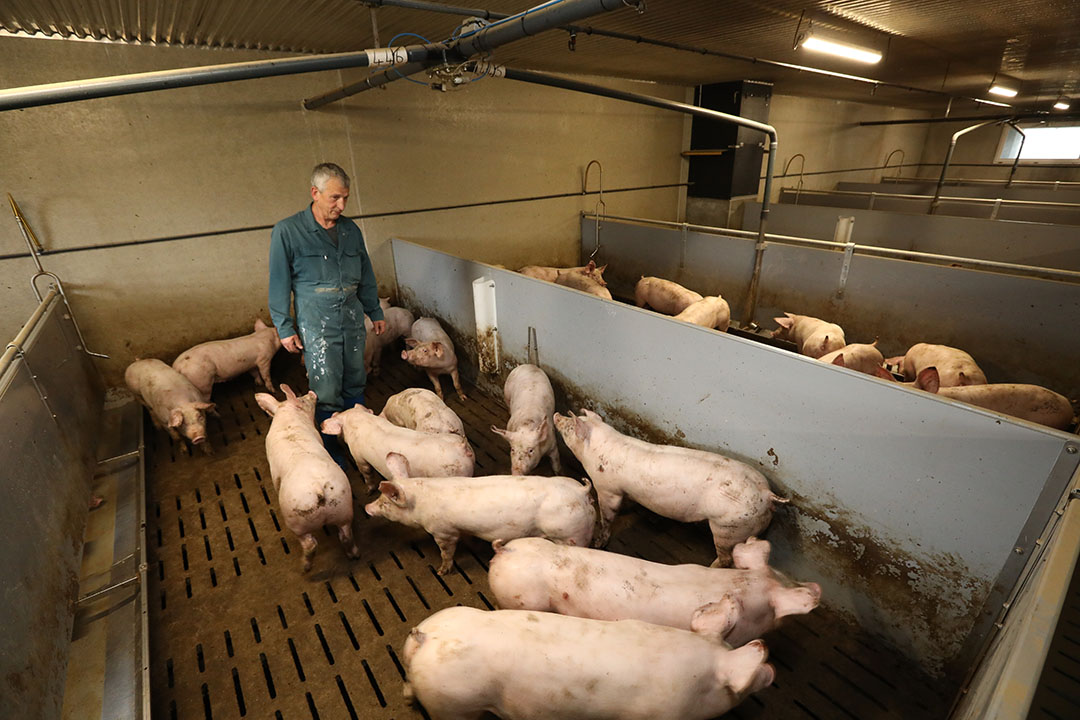
 SPAIN: Granja Coirós
SPAIN: Granja Coirós
Dr Albano Longo is swine production director at the Coren cooperative in north western Spain. The wean-to-finish farm location Granja Coirós was one of the first to be converted according to MS Schippers’ HyCare concept, to substantially enhance internal biosecurity levels. He told reporter Kees van Dooren and me about the cooperative’s experiences.
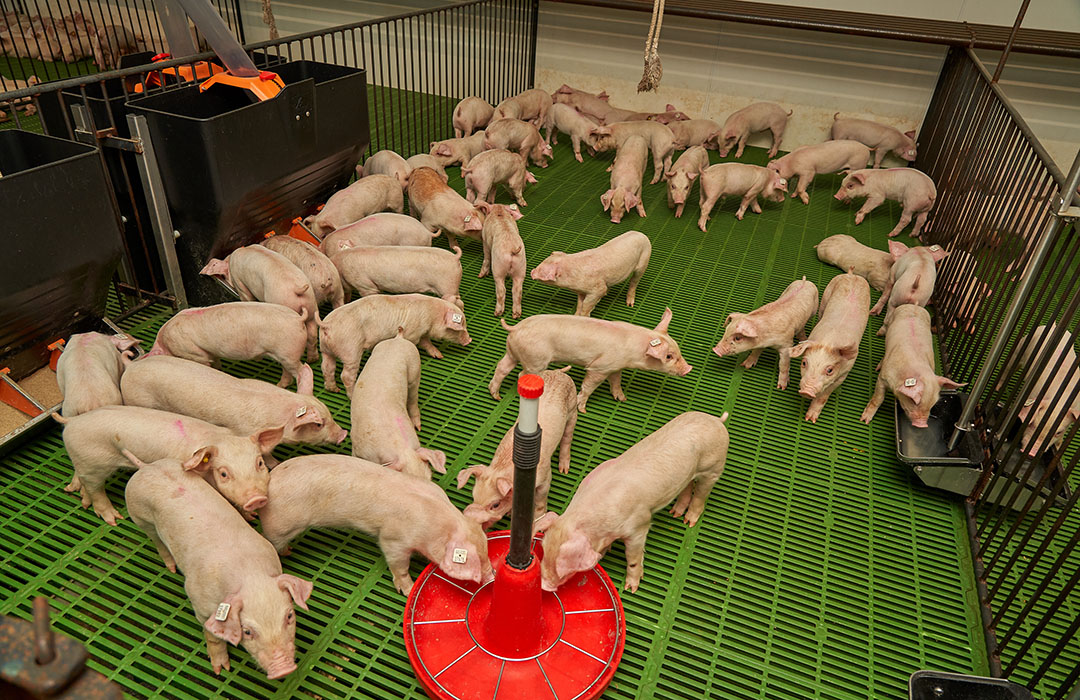
 UKRAINE: TOV Kischenzi Farm
UKRAINE: TOV Kischenzi Farm
The war in Ukraine cannot have escaped anybody’s attention. But how did the onset of the war affect swine farmers? Correspondent Chris McCullough learnt about the story of Dutch farmer Kees Huizinga, who is co-owner of a combined dairy, arable and pig farm near Cherkasy in Ukraine. He explains about the dire straits he is in.
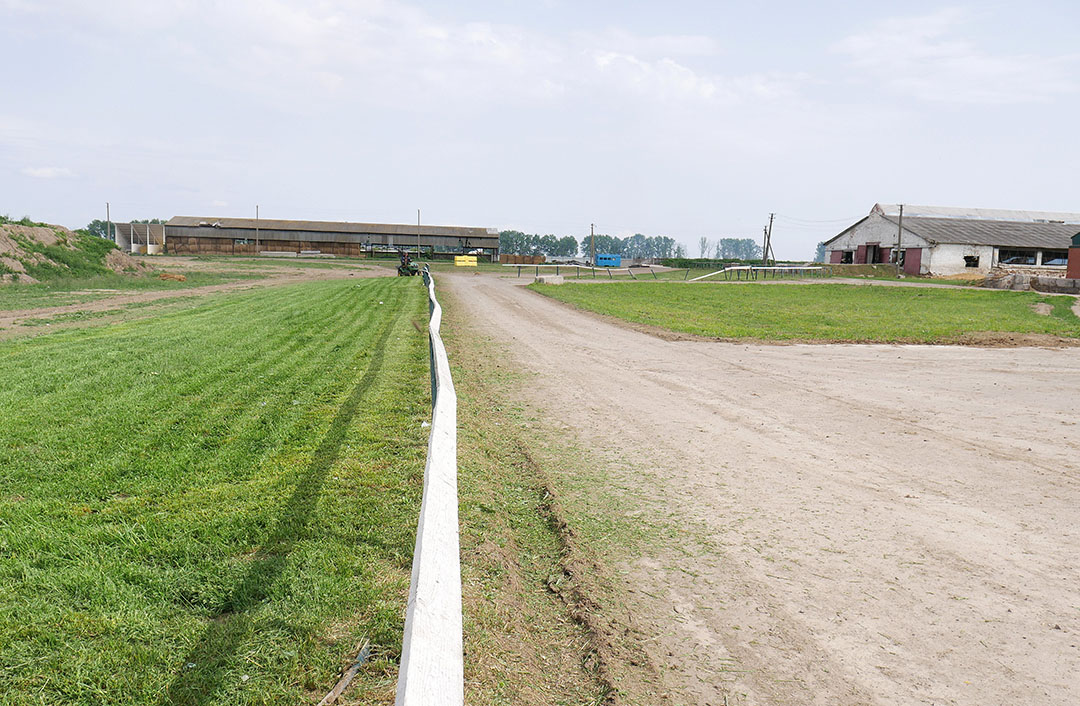
 CANADA: Préjet Farms
CANADA: Préjet Farms
Rick, Roseline and Jean Préjet jointly run the Préjet operations, a group of farms around the town Notre Dame de Lourdes in Manitoba, Canada. Over the years, the farm has steadily been growing to become a multi-site operation. As correspondent Treena Hein noticed, the latest upgrades include a switch to liquid feeding and a conversion to group housing in gestation.
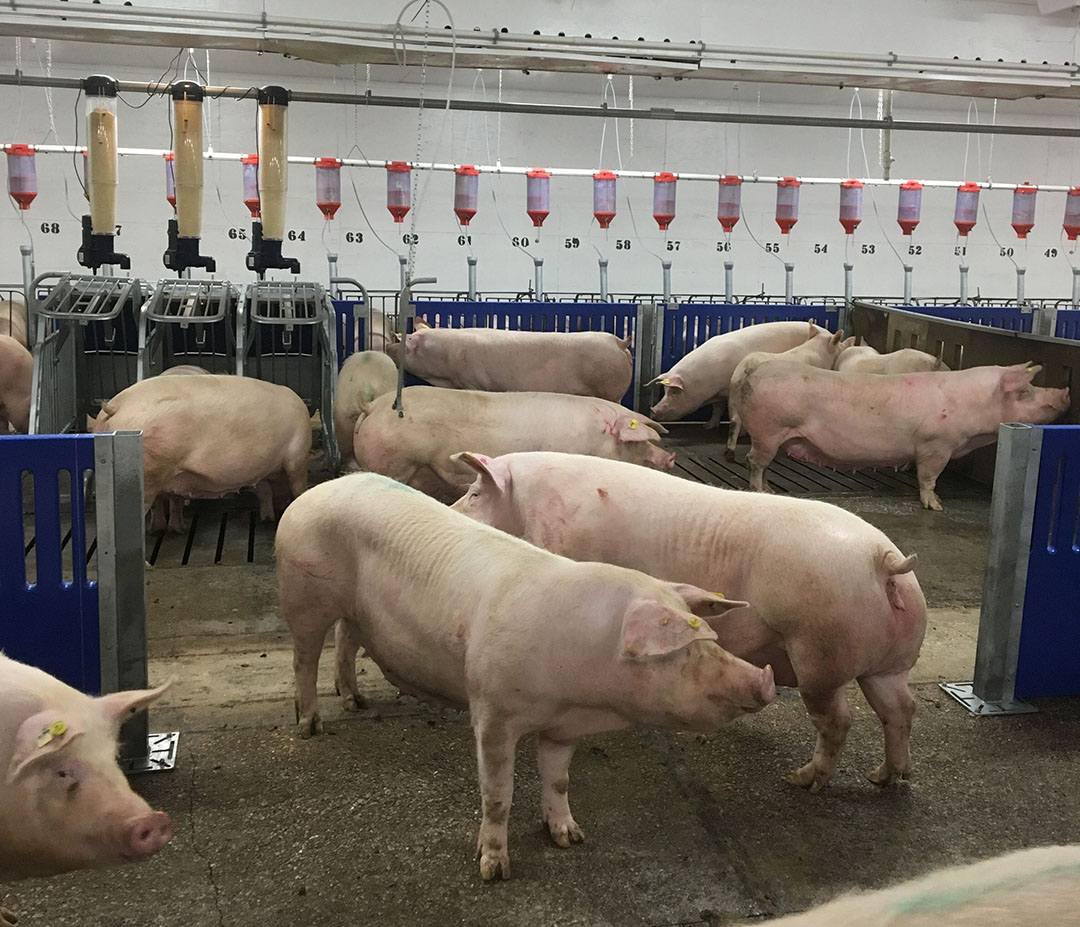
 DENMARK: Smorup Toftegaard
DENMARK: Smorup Toftegaard
Smorup Toftegaard farm in northern Jutland, Denmark, found its own way to dealing with pig production without the use of zinc oxide (ZnO). I was shown around at the farrow-to-grow facility has 600 sows, producing 22,000 piglets of 30 kg per year. Together with animal nutrition company Vilomix, owner Anders Rold embarked on a programme how to achieve good performance without using ZnO.
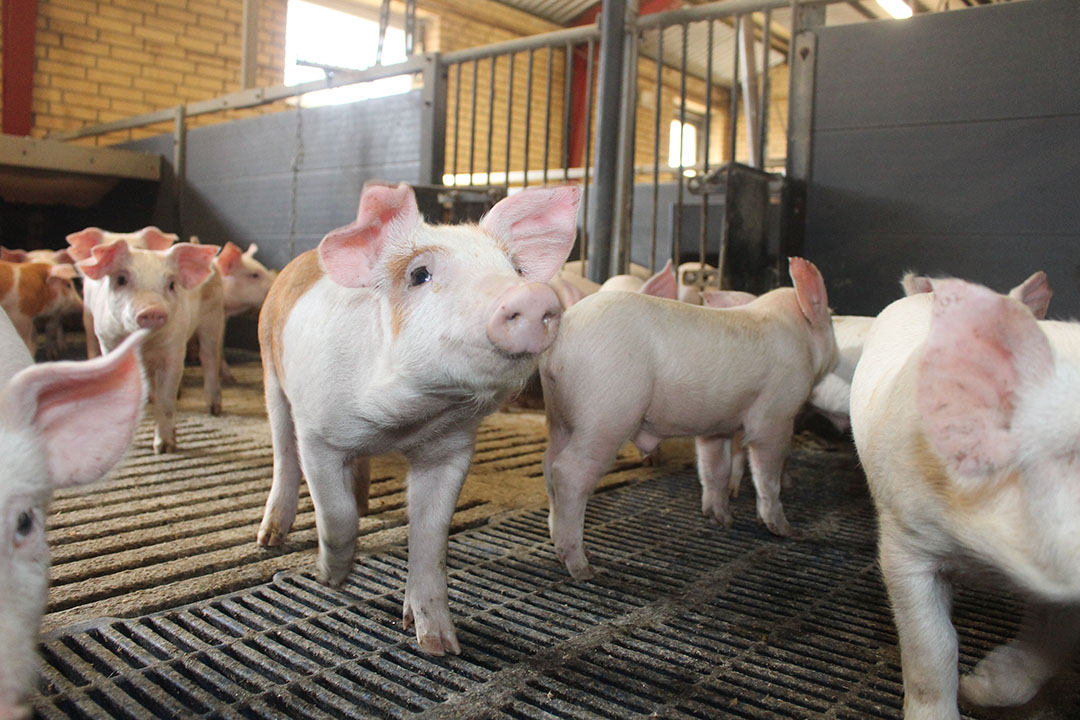
 ARGENTINA: The Good Pig
ARGENTINA: The Good Pig
Brothers Matias and Nicolás Riva jointly run The Good Pig, a closed sow farm which is in the process of expanding to 1,300 sows in General Las Heras, Buenos Aires province, Argentina. Correspondent Janneke Janssens explains how the farm likes to clearly communicate to the outside world about its mission: producing quality pork with high animal welfare standards and providing local, enjoyable employment.
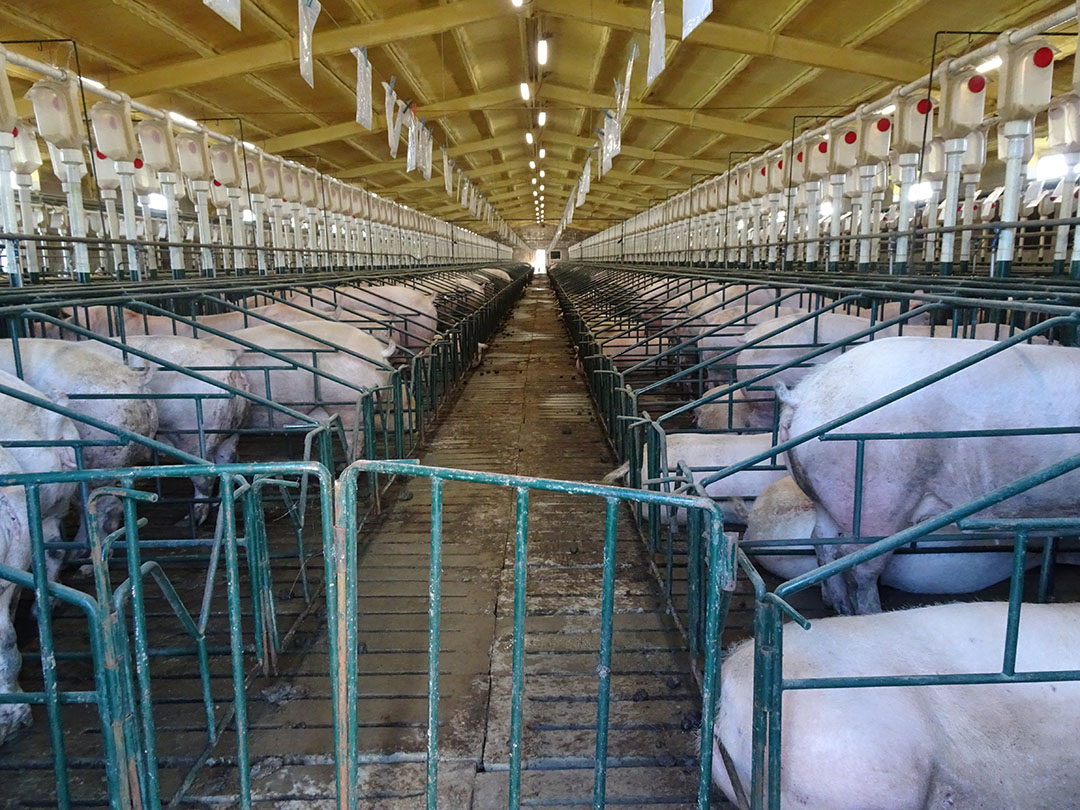
 BRAZIL: Água Branca Group
BRAZIL: Água Branca Group
The Água Branca Group is an independent pig producer in São Paulo state, Brazil, with 20,000 sows in 8 different cities. President-director Olinto Arruda explained correspondent Daniel Azevedo Duarte about the importance of good biosecurity on-farm, and showed which different layers of biosecurity are being applied.
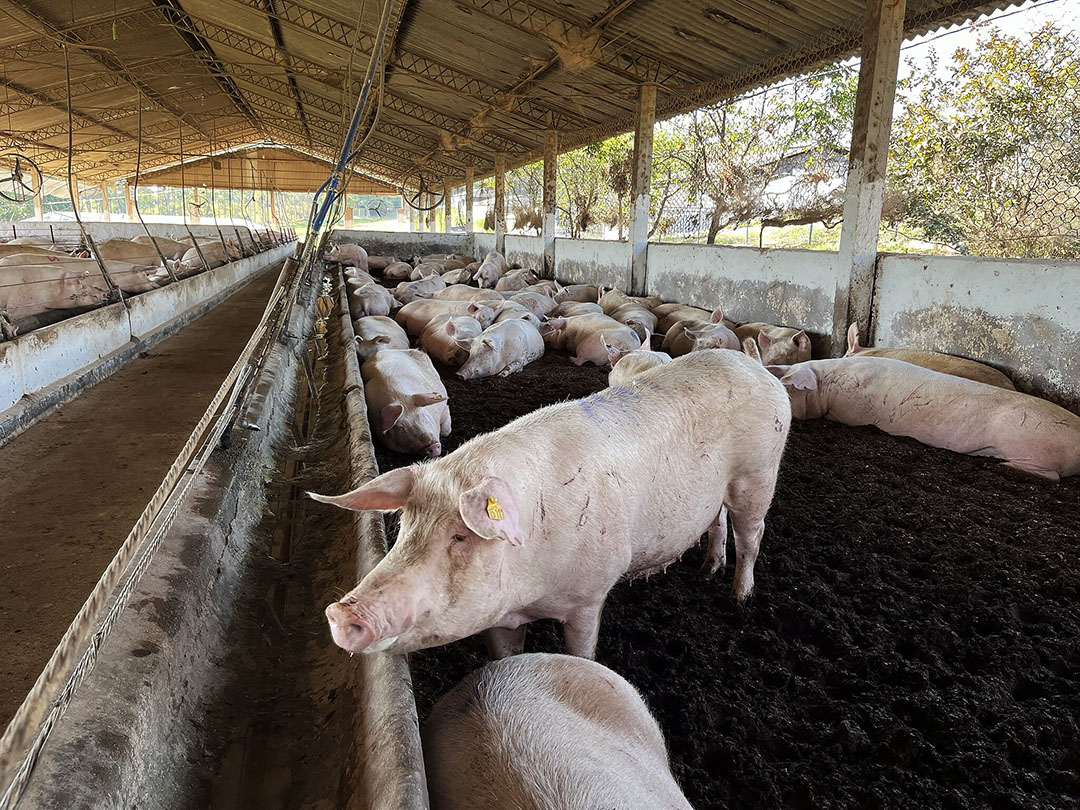
 DENMARK: Hestbjerg Økologi
DENMARK: Hestbjerg Økologi
Hestbjerg Økologi is not just an organic pig farm, it is the largest organic pig farm in Denmark, measuring 1,000 ha and 1,500 sows at 3 locations. Correspondent Emmy Koeleman talked to owners Bertel and Marianne Hestbjerg. She learned how the farm grows a range of its raw materials itself.
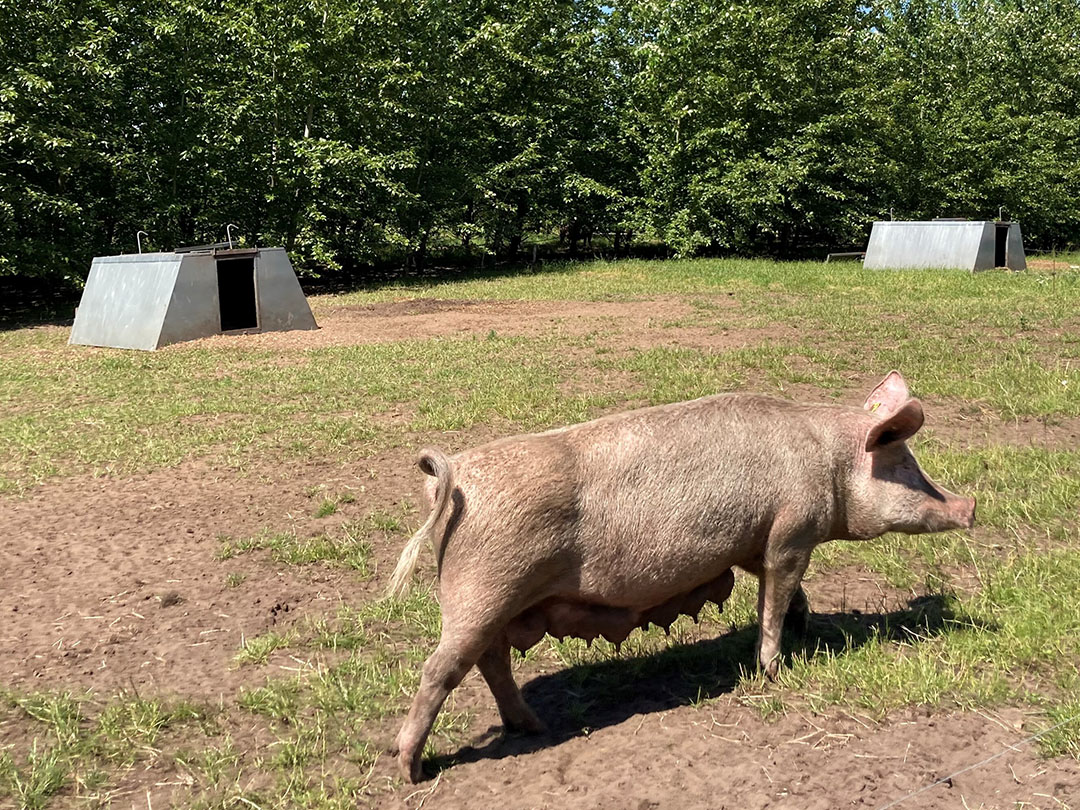
 GERMANY: Arnemann Farm
GERMANY: Arnemann Farm
As Germany is moving towards mandatory free farrowing ahead of the rest of the EU, German pig producers have to come up with solutions. Klaudia Arnemann, owner of a 250-sow closed pig farm in Sendenhorst, North Rhine Westphalia, Germany, searched for her own way and had her own variety of free-range farrowing pens developed, as Boerderij reporter Anne-Marie van der Linde found out.
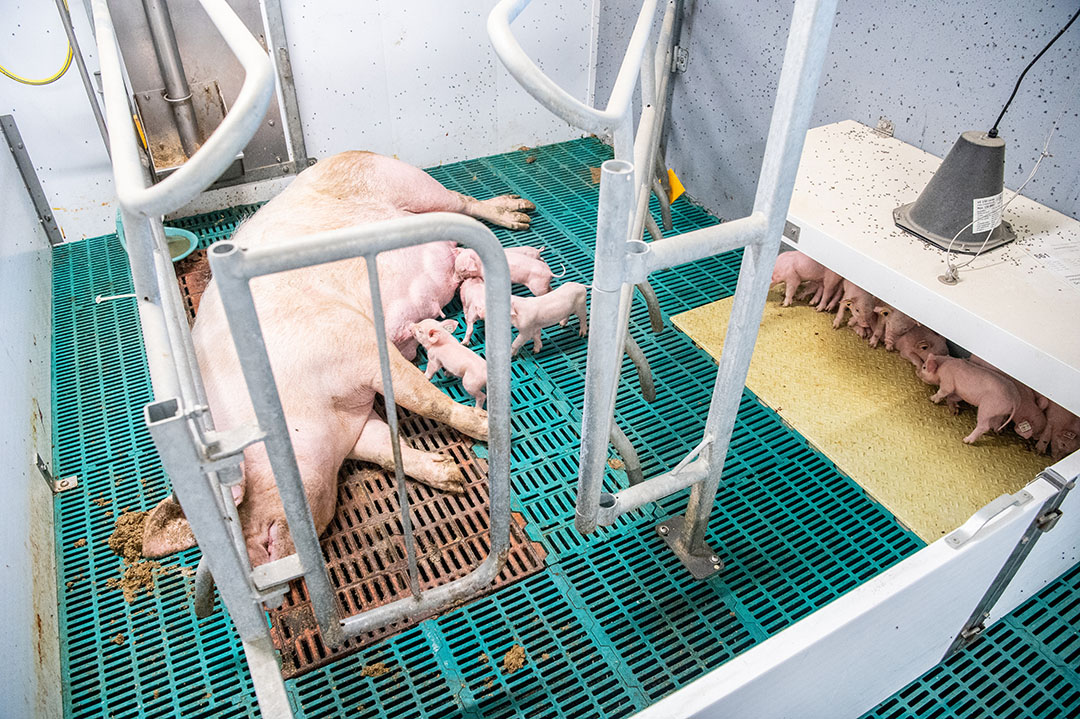
 COLOMBIA: HoCoTec (part 2)
COLOMBIA: HoCoTec (part 2)
In 2017, Pig Progress paid a visit to Colombia’s proud progressive pig farming project HoCoTec and it was time to catch up to see where things stand these days. Together with correspondent Treena Hein, I wrote the follow up on the farm’s track to become a true pig integration in Villavicencio, close to Bogotá. Currently, there are 1,450 sows and an own slaughterhouse is about to be opened.
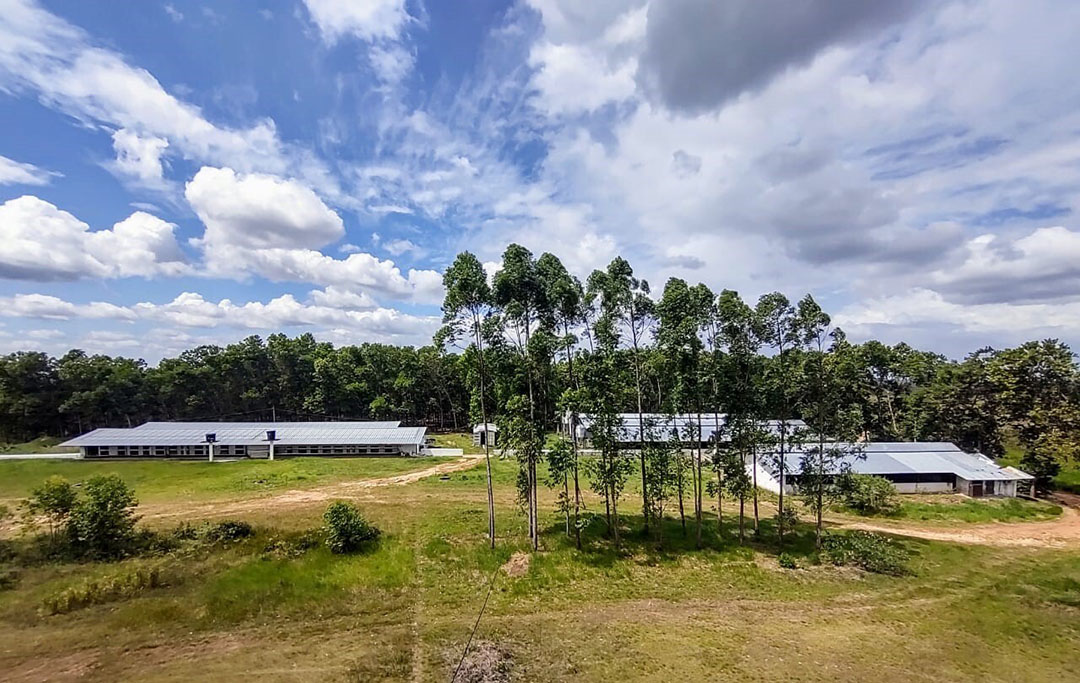
 NETHERLANDS: Derksen farm
NETHERLANDS: Derksen farm
Ambitious young farmer Sjoerd Derksen, aged 20, recently took over the management of an 1,800 sow breeding facility in Zevenbergschen Hoek, the Netherlands. He chose to make use of Danish Genetics breeding stock, leading the farm to reach 35 piglets weaned per sow per year, as observed by Boerderij reporter Kees van Dooren.
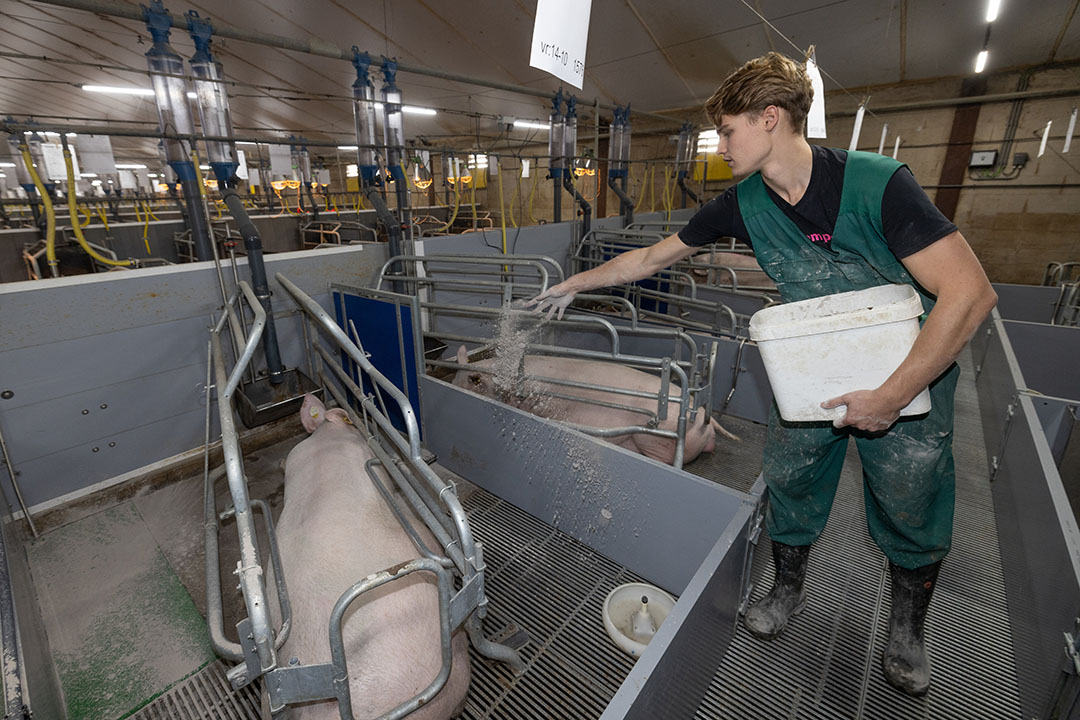
 Beheer
Beheer
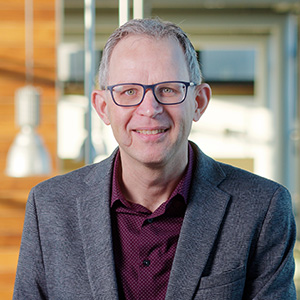
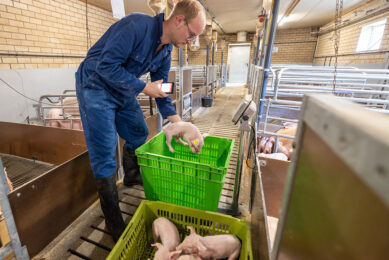
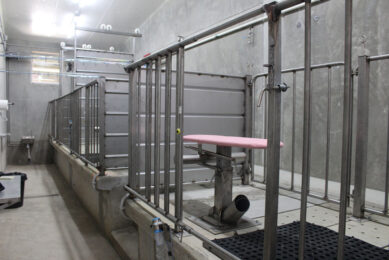
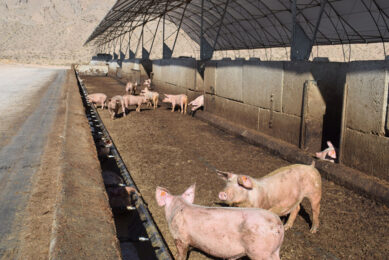
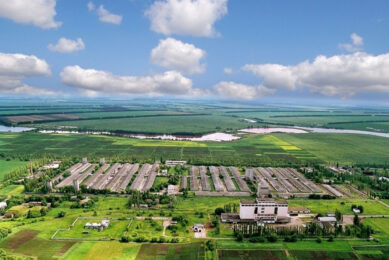



 WP Admin
WP Admin  Bewerk bericht
Bewerk bericht